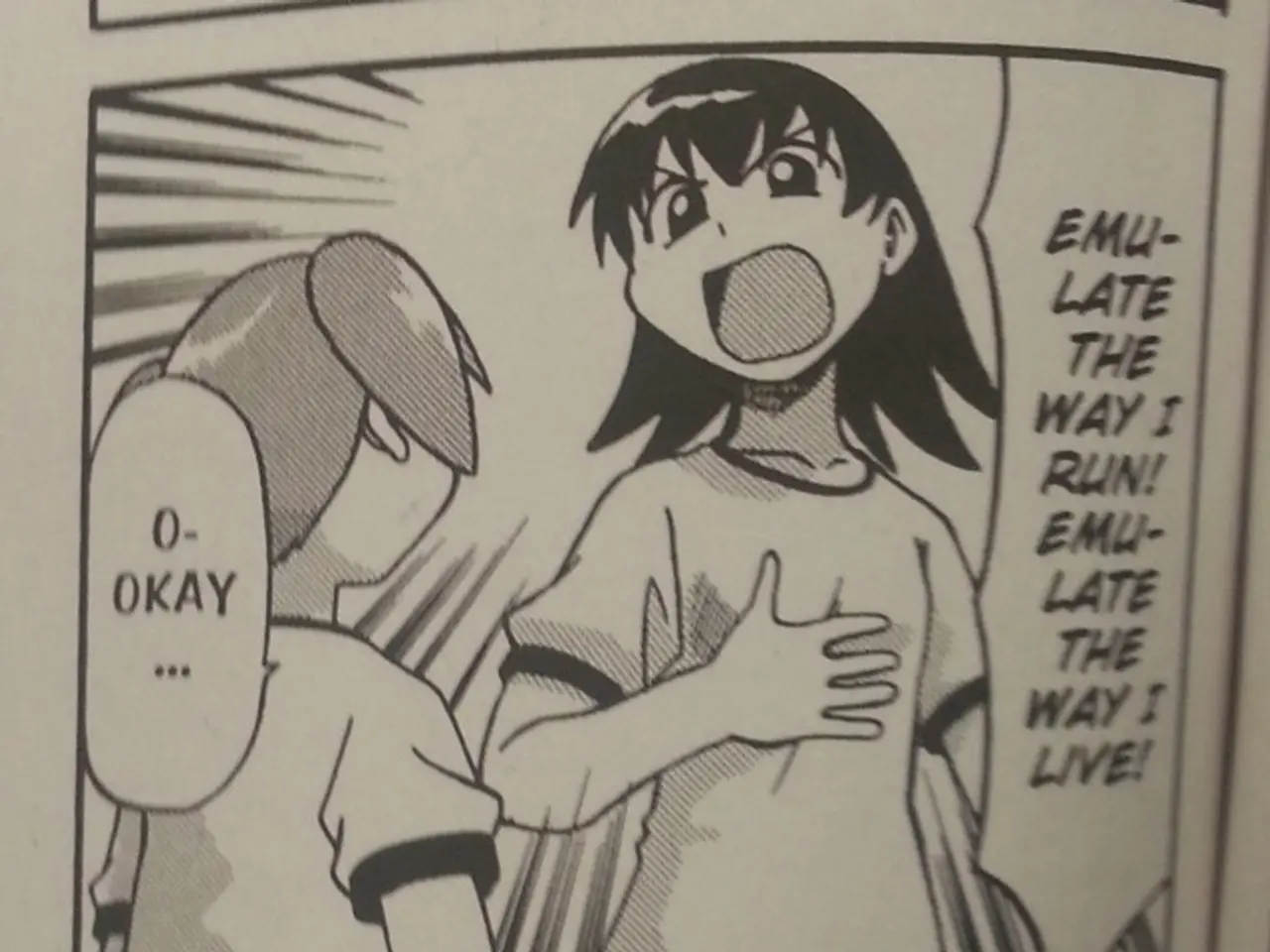Controversial Call as England Loses to Senegal: Thomas Tuchel Slams Referee's Decision
- Approx. reading time: 2 mins
Referee's actions criticized by Thomas Tuchel: "Breaches of the rules" - Referee criticized by Thomas Tuchel: Officiating deemed rule-breaking
England's friendly against Senegal didn't end on a high note for coach Thomas Tuchel, who voiced his discontent with both the team's performance and referee Stephanie Frappart's. A surprising defeat of 1:3 included a goal by Jude Bellingham that was disallowed, leaving the English squad seething.
During a potential 2:2 equalizer, there was a questionable handball by Levi Colwill. Whether the ball made contact with Colwill's hand or shoulder remained unclear. Frappart initially awarded the goal, followed by a review on the pitchside screen, which ultimately led to the disallowed goal, infuriating the English team.
Tuchel Venting Post-Match: "Against the Rules"
Following the final whistle, Tuchel engaged in a heated discussion with the referee, which she curtly dismissed. Later, in an interview with broadcaster ITV, the England coach expressed, "It looked more like a shoulder than a hand."
Tuchel seemed particularly agitated that the goal was disallowed without a clear error. In such situations, the VAR usually should stay out of it, deferring to the on-field decision. "Either it's a mistake, then it should be overturned. Or it's not a clear mistake, then it's a goal," said the ex-Bayern coach. "But repeatedly reviewing it is against the rules."
Even captain Harry Kane of Bayern Munich couldn't fathom Frappart's decision. "If you know the rules, it's not a handball," he claimed in the ITV interview.
Tuchel took over England's helm at the start of the year. Despite remaining unbeaten in his first three games, England faced criticism at home following a narrow 1:0 win against Andorra over the weekend.
The Nitty-Gritty of VAR Intervention in Handball Decisions
- VAR intervention in football aims to ensure accurate and fair refereeing. The decision-making process goes as follows:
- Eligible for Review: In potential game-changing events such as goals, penalty-area handballs, or red-card incidents, VAR can review handball instances.
- Criteria for Handball: A handball occurs when the ball is touched by the hand or arm, and the arm is in an unnatural position. An arm is considered outstretched if it is above shoulder height or extended from the body.
- Review Process: The VAR team evaluates the incident using multiple camera angles, checking if the hand or arm was in an unnatural position, and if the ball was deliberately touched. The on-field referee may be asked to review the incident.
- Deliberate Handball: The VAR intervenes if the handball is deemed deliberate—meaning the player purposefully moved their hand or arm towards the ball.
- Ball's Location: When assessing handball incidents, the position of the ball is crucial—if the ball is outside the penalty area, but the player is inside, the VAR determines if a foul occurred.
Examples of such rules include goalkeepers handling the ball outside the penalty area, which doesn't automatically incur a red card, as the VAR determines whether the action prevented a clear goal-scoring opportunity. The VAR review process aims to be efficient, though complexity can sometimes prolong reviews.
- "I'm not going to be able to do this," Thomas Tuchel might have thought as he grappled with the controversial handball decision that led to England losing a potential equalizer in the game against Senegal.
- Despite the general-news coverage of England's defeat, the specifics of the VAR intervention in handball decisions, as seen in this instance, remain a topic of discussion in crime-and-justice circles, given the implications for sports like football and European leagues such as the Premier League.
- Football fans, particularly those following the European leagues and the Premier League, might question whether VAR's repeated reviewing of handball incidents, as seen in the England-Senegal game, is truly in accordance with the rules, considering the potential for confusion and frustration it can cause.








